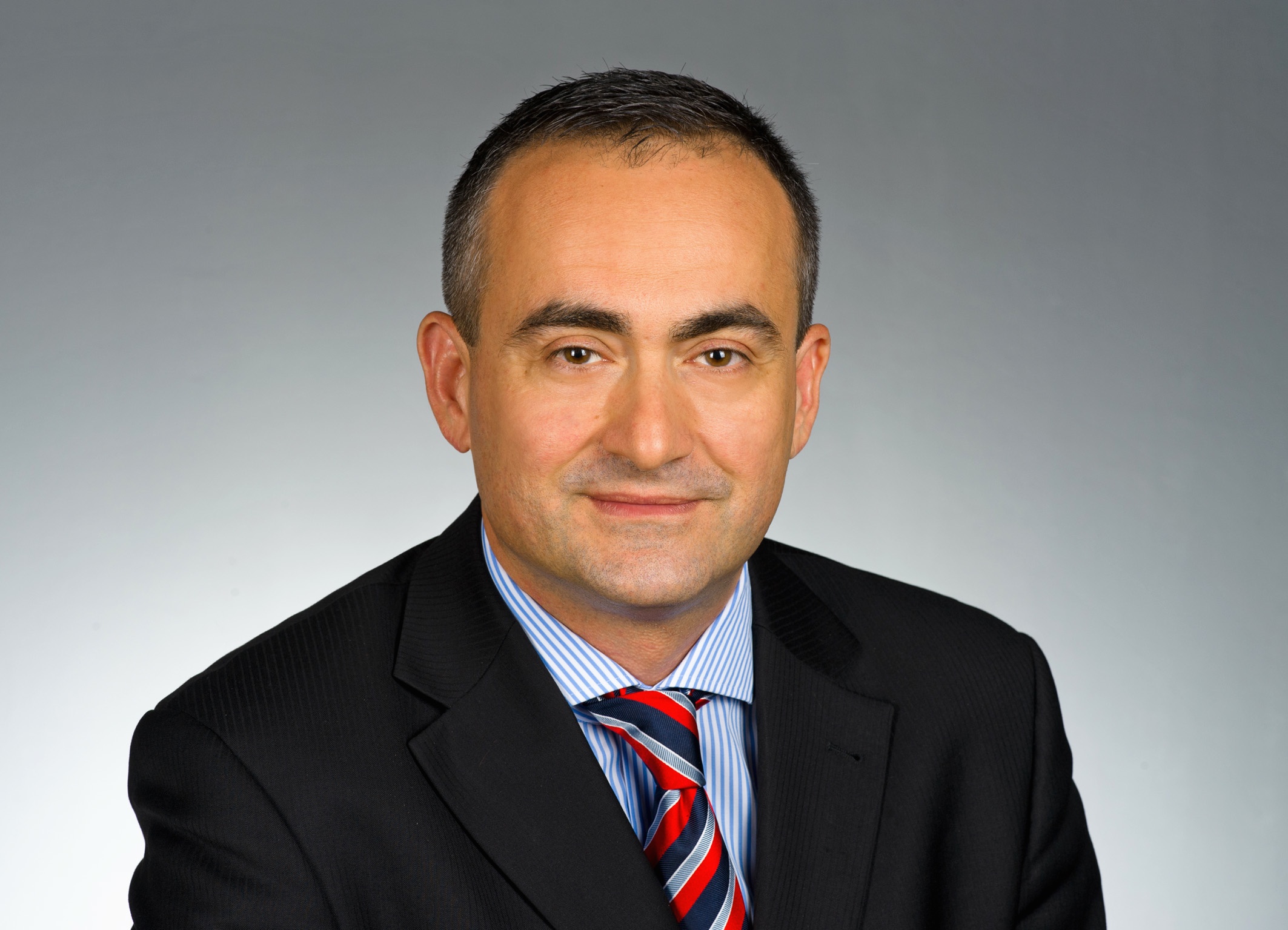National Press
Profil
ZIB 2
ORF 2
Ö3-Wecker: Interview zum Thema „Depression“ vom 07. 01. 2014 mit Robert Kratky
Radio Wien: Alexander Goebel Show: „Glück ist keine Glückssache“ vom 05. 02. 2014
ORF-Nachlese: „Endlich wieder glücklich“ vom 01. 02. 2014
OE1 Dimensionen
OE1 Radiodoktor
Oberösterreichische Nachrichten
Kurier
Kronen Zeitung
Die Presse - Ursprung von Gewalt
Die Presse - Serotonin Gen
Die Presse - Mechanismen der Angst
Economy
Focus
Medical Tribune
NGZ
Civic Education
Bridges
BBV
Ärztewoche
Wirtschaftsblatt
Clinicum
Jatros
International Press
Downloadable summary of press articles soon available.
Video
Neuronale Korrelate Menschlichen Verhaltens
Download via podcast.at or iTunes
What can Psychiatry add to the understanding of consciousness?
Stream avaiable here
5-HTTLPR polymorphism impacts human cingulate-amygdala interactions: a genetic susceptibility mechanism for depression.
Video file avaiable here
Press Portraits
Free download or available via Mediendienst; Fotocredit: Foto Wilke
Recent
Stanford Lecture - Challenges in depression research: Disentangling factors contributing to disease development and drug response
Abstract available online Both, clinical diagnostics of MDD and measures of antidepressant drug response are based upon subjective patient reports or clinical observations. The lack of biological definitions within diagnostics and therapy response poses a significant hurdle for the discovery of disease and therapy mechanisms.This issue has successfully been addressed in Imaging Genetics studies by utilizing an intermediate phenotype approach, which is not dependent on the phenomenological operationalization of MDD. Resulting associations between genes and brain circuitries have clearly led to a deeper understanding of the neural underpinnings of MDD. Yet, it became evident that single gene effects are small and therefore clinically irrelevant. Additionally, recent research emphasizes the enormous complexity how genes and environment shape the development and function of depression circuitries by involving epistatic, epigenetic, gene-environment, and developmental mechanisms.To move acquired diagnosis-related knowledge to a clinical level, several hurdles have to be taken, such as reproducibility and comparability of imaging studies as well as a far more complex modeling of genetic effects including the transcriptome and gene-regulation networks. Additionally, to better characterize neurobiological antidepressant treatment mechanisms on a brain systems level, more sophisticated statistical analyses techniques need to be applied, which specifically support the identification of treatment-related mechanisms or subgroups of MDD patients varying in drug-response.Previous work of my lab as well as possible future strategies will be presented during this lecture.
Visiting Scholar Award - Stanford Neurosciences Institute (SNI)
Lukas Pezawas received the prestigious Visiting Scholar Award by the Stanford Neurosciences Institute for his scientific contributions. The Stanford Neurosciences Institute (SNI) is an independent Institute at the Stanford University (USA), its mission is to understand how the brain gives rise to mental life and behavior, both in health and in disease. The goals will be achieved through interdisciplinary collaborations and the exchange of ideas, materials and techniques, for this purpose the Visiting Scholar Award is granted. A German press release is also featured at the Medical University of Vienna homepage.


